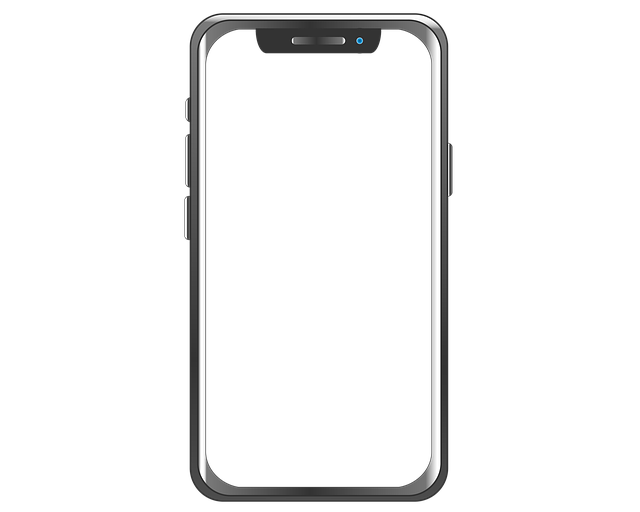Spam calls are a growing problem in West Virginia, but the Telephone Consumer Protection Act (TCPA) provides legal recourse. Residents can protect themselves by registering on Do Not Call lists and consulting specialized spam call lawyers or law firms. Community involvement is key; educating residents about TCPA and establishing reporting systems empowers them to combat spam calls collectively. Forming neighborhood watch groups further aids in monitoring and stopping unwanted telemarketing activities in West Virginia.
In West Virginia, spam calls pose a significant nuisance and can have severe legal implications. With the Telephone Consumer Protection Act (TCPA) in place, understanding your rights and effective strategies to combat these unwanted calls is crucial. This article explores the impact of spam calls on the community, delves into legal aspects, and presents practical solutions for individuals and collective action, including involving local law firms specializing in TCPA cases. Learn how you can contribute to a spam-free West Virginia.
Understanding the Impact of Spam Calls in West Virginia
Spam calls have become a persistent and frustrating issue for many residents of West Virginia. These unwanted telephone solicitations not only disrupt daily life but can also be a significant source of stress and annoyance. With the rise in automated calling technologies, the problem has intensified, leading to a growing need for effective solutions. Understanding the extent of the spam call problem is the first step towards combating it.
In West Virginia, as across the nation, spam calls often violate consumer privacy rights protected by law. The Telephone Consumer Protection Act (TCPA) restricts automated phone calls and text messages for marketing purposes without prior express consent. Many spam calls originate from out-of-state or international sources, making it challenging to trace and stop them. However, with the help of a reputable spam call law firm or spam call lawyers in West Virginia, victims can take legal action against these offenders. Engaging such professionals who specialize in TCPA cases can provide guidance on how to stop spam calls effectively and protect one’s rights under the law.
Legal Aspects: TCPA and Your Rights in West Virginia
In West Virginia, the Telephone Consumer Protection Act (TCPA) plays a pivotal role in regulating spam calls and safeguarding consumers’ rights. This federal law grants individuals powerful tools to combat unwanted telemarketing calls. If you’re facing a deluge of spam calls, understanding your legal options under the TCPA is essential. A spam call lawyer or law firm specializing in TCPA cases can guide you on how to stop spam calls effectively and legally.
When dealing with spam calls, it’s crucial to know that you have rights. The TCPA allows you to file a complaint with the Federal Trade Commission (FTC) and seek legal recourse against violators. By taking proactive measures, such as registering your phone number on Do Not Call lists and seeking professional assistance, West Virginia residents can enjoy greater peace of mind and significantly reduce the volume of spam calls they receive.
Strategies for Community Involvement in Stopping Spam Calls
Community involvement is a powerful tool in the fight against spam calls. Here are some effective strategies to engage and empower residents in West Virginia to stop spam calls:
Encourage residents to educate themselves about the Telephone Consumer Protection Act (TCPA), a federal law that regulates telemarketing practices. Many spam calls violate this law, so awareness can be a powerful deterrent. Local organizations, schools, and community centers can host workshops or information sessions to explain the TCPA and its implications for consumers. By understanding their rights and legal remedies, residents can feel more empowered to take action against unwanted calls.
Another strategy is to create a community-driven reporting system. Residents can be encouraged to report spam calls to a central authority or local law enforcement, providing detailed information like call times, numbers, and any recorded messages. This data can then be shared with Spam Call lawyers in West Virginia who specialize in TCPA litigation, aiding in the identification of patterns and potential legal actions against violators. Community members can also form neighborhood watch-like groups to monitor and report suspicious calling activities, fostering a collective effort to stop spam calls in West Virginia.






